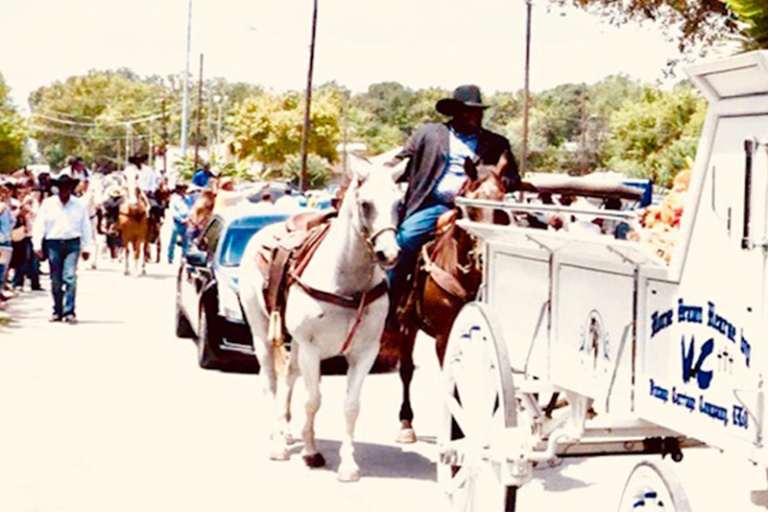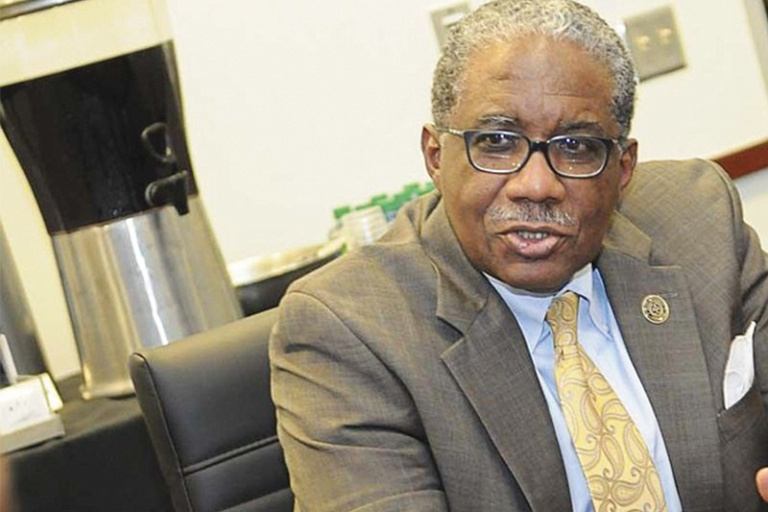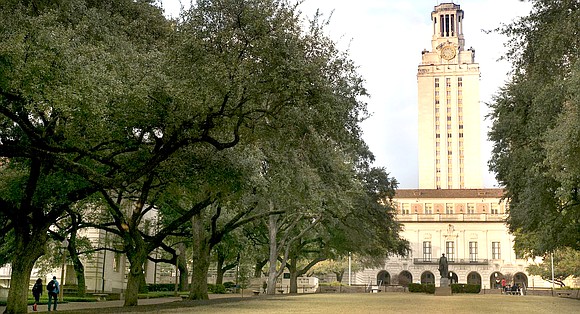The Dallas Examiner
“I believe that this is one of those very difficult topics we need to take on in this series,” Jim Tolbert, chair of the program committee for the Dallas Holocaust Museum Center for Education and Tolerance, announced as the panel discussion Civil Discourse Series: Affirmative Action In College Admissions began May 7.
The event, part of a yearly ongoing series by the museum to publicly examine divisive or controversial subjects in a civil manner, was held at Communities Foundations of Texas.
Tolbert mentioned that he was adamant in the subject becoming part of this year’s discourse series due to its historically significant, yet still culturally contentious, influence.
“As a country, polls show we are evenly split on the topic. These polls show that even some of those that support affirmative action support it in theory but not in practice,” the chairman continued. “Sixty percent of adult Americans surveyed by Gallup in 2016 said that they generally favor affirmative action programs for racial minorities, but 70% said that they believe college applicants should be judged solely on merit, and that racial and ethnic background should not be considered even if doing so means that fewer minority students are admitted.”
Loren Jacobson, assistant professor of law at UNT Dallas College of Law, clarifyied the specific topic of the evening and its original intent.
“Affirmative action, as we’re talking about it, is a program that institutions of higher learning use that considers race as one factor in admitting students for the program. Especially to increase representation of disadvantaged minorities in the program,” the panelist explained.
Although race-based quotas are illegal, and other factors such as economic background or skills are also considered for admissions, Jacobson asserted that two questions often surrounded the original initiative: Is affirmative action constitutional? And does it violate private, nonstate institutions that are subject to some limited federal requirements?
Attorney Emilie Kao, director of the Richard and Helen DeVos Center for Religion and Civil Society at The Heritage Foundation, remarked that she believed no students should have their race counted against them and quoted Proverbs 16:11 to clarify her thoughts.
“Honest scales and balances are from the Lord; all the weights in the bag are of his making,” she recited. “For a scale to work properly the balances must be honest and the weights must be standard. A dishonest merchant used to use two sets of stones – one set of lighter stones to sell things and one set of heavier stones to buy things.”
Kao compared this analogy to the 1978 decision in the Supreme Court case Regents of the University of California vs. Bakke.
“Justice Powell said that college admissions officers could begin to use race as a plus factor. This opened up Pandora’s box.”
The director commented that the recent Students for Fair Admissions lawsuit against Harvard has highlighted the use of race into what she called “a minus factor.”
“A study of college admissions around the country shows that Asian American students need to score on average 104 points higher on the SAT than White students, 320 points higher than Hispanic students, and 450 points higher than African American students” to get into a similar school, she claimed.
“That’s the thing of the merchant using lighter stones. What began as racial preferences has become racial bias. Admissions officers at Harvard have begun to use stereotypes of Asian American personalities. They rated them less likable, less courageous and less kind – all of these things have come out in the Harvard lawsuit,” indicating that all non-White students are not looked upon equally in a system intended to advance equitable treatment toward minority students.
Dr. Richard Anthony Baker, assistant vice chancellor, vice president, and chief diversity officer at the University of Houston, and president of the board of directors at the American Association for Access, Equity and Diversity, shared his thoughts on how race and merit coexist in the affirmative action concept when it comes to jobs.
“When you look at merit, most people focus on test scores,” he offered, using the LSAT and GRE as examples. “And if you received less points than this other person, that you were more qualified, and I think that’s the flaw.
“So I think merit does matter, and I kind of look at affirmative action this way, at least as it relates to employment. We’ve decided to open up a position, and I am looking for diverse candidates.” Baker would then consider the representation within his company, study the firm’s affirmative action plan for the year, and begin recruiting while being mindful of possible barriers to employment.
“So I say, ‘Listen – we’re having a race on Tuesday. We would love for you to apply.’ [He] shows up on Tuesday. The race begins. Starter pistol goes off. The person who finished the race as the most qualified person for the position, and that’s how we make the decision, right? The question is, how do you determine whom wins the race?”
Baker stated that many people tend to focus on the “score” when considering people for school admissions or hiring for a job positions, however, there are other factors that should be considered, as well.
“So, in Texas, you have the top 10% rule, where basically we’re saying regardless of where you graduate from, 75% of the first we admit in our class will be in the top 10% of whatever school they graduated from.
“And I think that’s really important because we’re saying in the community that you came from you were in the top 10%. … That’s a race-neutral way of making that decision, but we understand that we still have segregated communities, and that’s why this is an important topic.”
While the debate in the courts and in private continues, the full video of the civil discourse panel discussion is now available online on the museum’s Facebook page.




